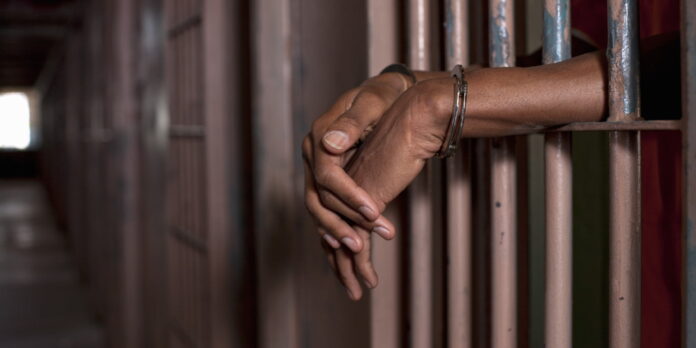The Executive Director of the Prison Fellowship of Nigeria (PFN), Dr. Jacob Tsado, has disclosed that more than 60 percent of prisoners in the country reoffend and return to correctional facilities, describing the situation as a troubling reflection of Nigeria’s failing correctional and justice systems, while calling for urgent reform.
Tsado raised the alarm over the rising rate of repeat offences among inmates on Sunday in Abuja, during the organisation’s National Week of Prayers (NWP).
“Unfortunately, recidivism, that is, reoffending and going back to correctional centres, is rampant. In the country, it’s about 60 to 65 per cent. However, in some of our programmes, the recidivism rate is less than 10 percent,” he said.
According to him, the fellowship’s interventions, which include rehabilitation and restorative justice initiatives, have helped reduce repeat offences in some states where they are active.
He stressed that scaling such programmes nationwide could drastically cut down reoffending and reduce congestion in correctional facilities.
Beyond the problem of recidivism, Tsado expressed concern over the high number of Nigerians held in custody for prolonged periods without trial.
He said the justice system had failed to guarantee timely hearings for suspects, leaving a majority of inmates languishing in prison as “awaiting trial” cases.
“There is a lot of need in this sector. We have multitudes of people in incarceration, the majority of whom are awaiting trial. Our justice system needs a lot of help and a lot of work. Why should it be that 60 to 70 per cent of inmates in the correctional centres are awaiting trial? That is unjust. So, we need citizens to be aware of the things going on in this sector by mobilising prayers, by undertaking other kinds of activities that sensitise people to these needs,” he added.
He explained that many citizens are unaware of the scale of neglect in Nigeria’s prison system and urged the public to remain conscious of the issue, while calling on religious institutions, civil society groups, and individuals to engage in sensitisation efforts alongside prayers to push for systemic change.
Highlighting ongoing initiatives, Tsado disclosed that PFN is working with state governments to introduce restorative justice into the criminal justice system.
He described it as a cheaper and more effective alternative that not only addresses crime but also provides closure and satisfaction to victims.
On his part, the Deputy Vice-Chairman of the PFN Board, Yinka Oyewole, condemned the continued disenfranchisement of inmates in Nigeria, arguing that denying prisoners the right to vote amounted to stripping them of their constitutional rights.
“For one, being incarcerated does not mean that he does not have any rights. Elections should be extended to the prisons so that they will also have a say. We have made submissions to various levels of government that need to address one thing or the other. Until the government is ready to effect it, we will always be pushing,” Oyewole said.

